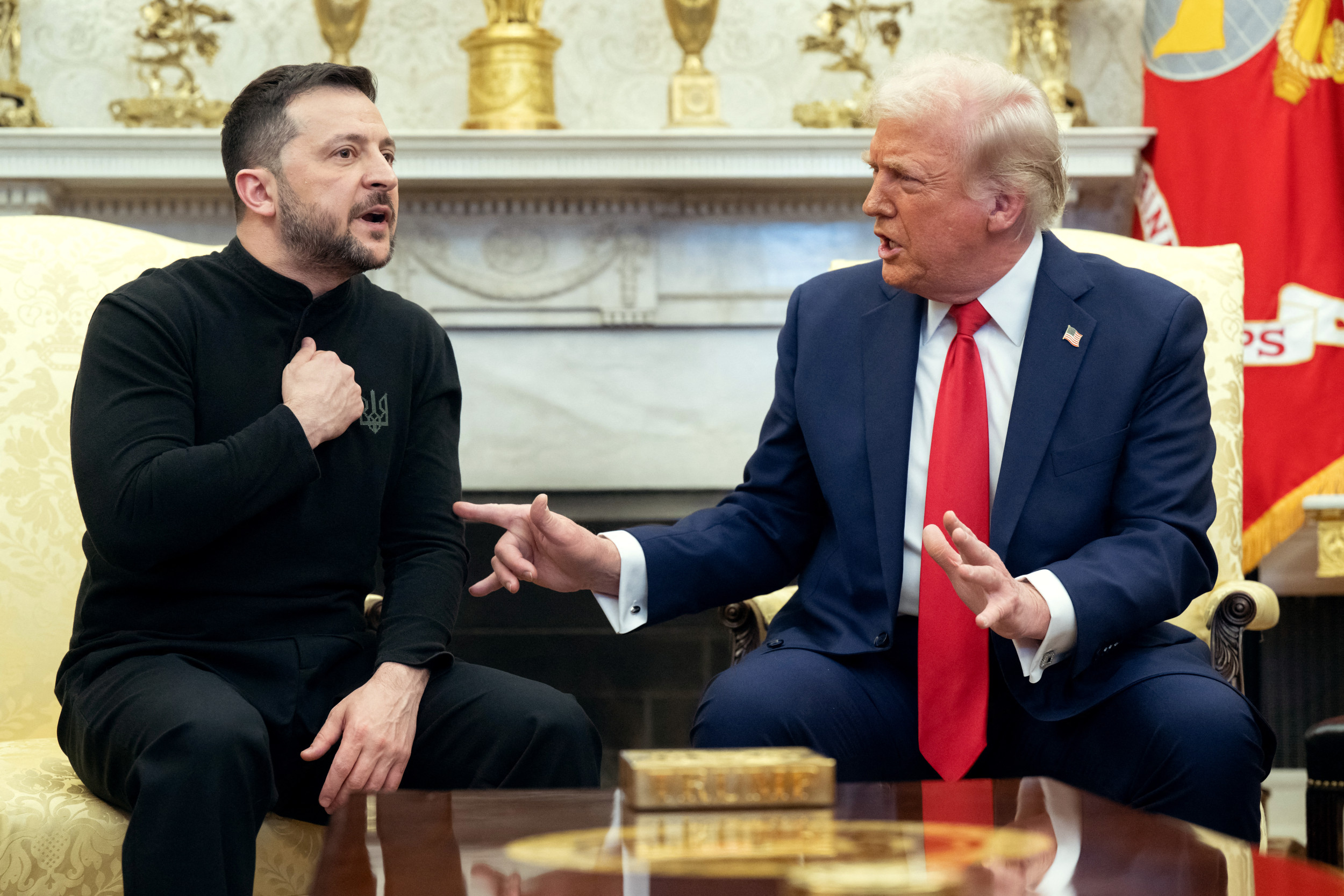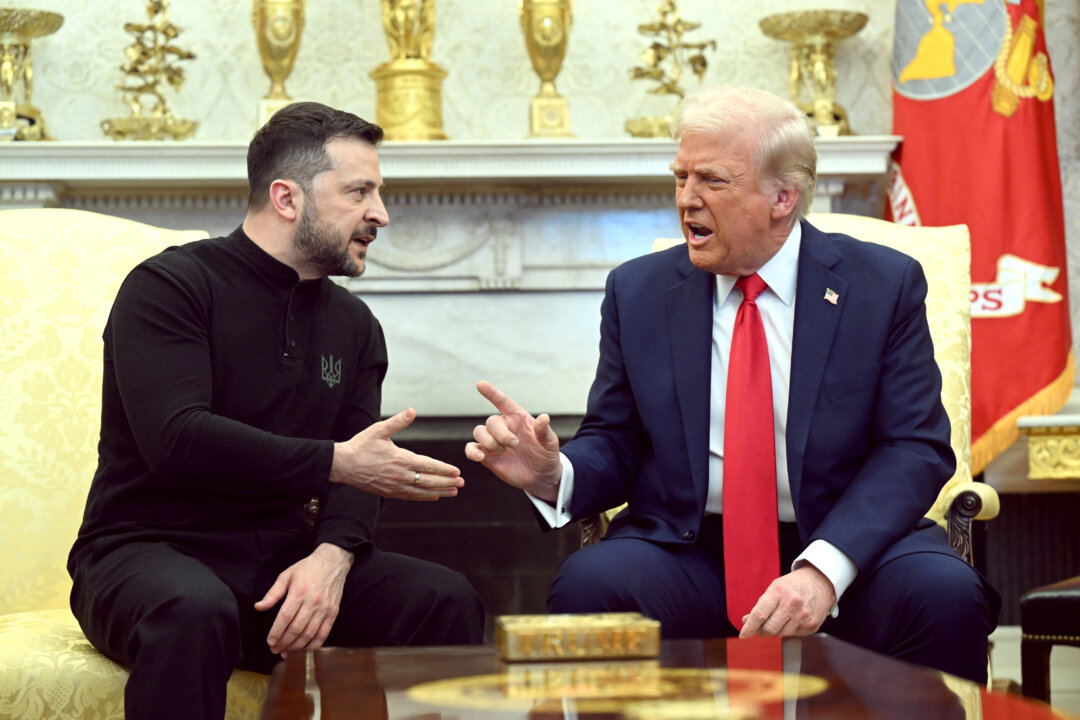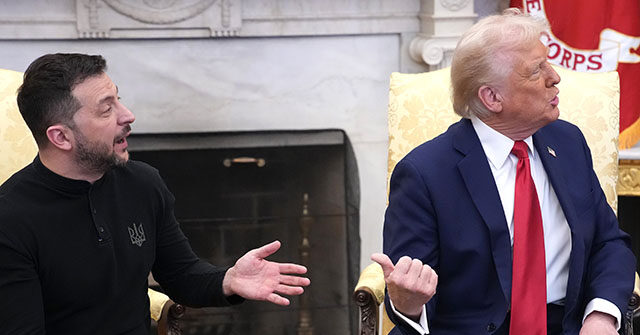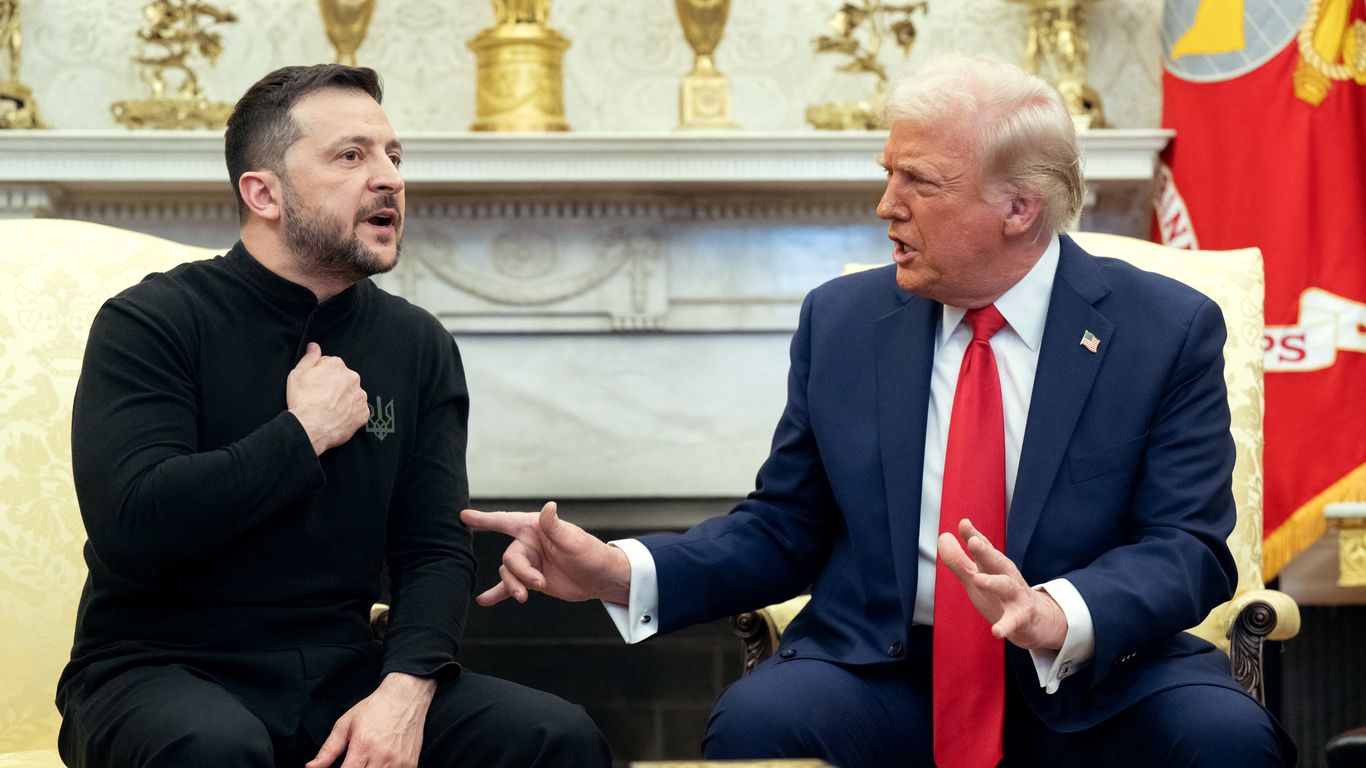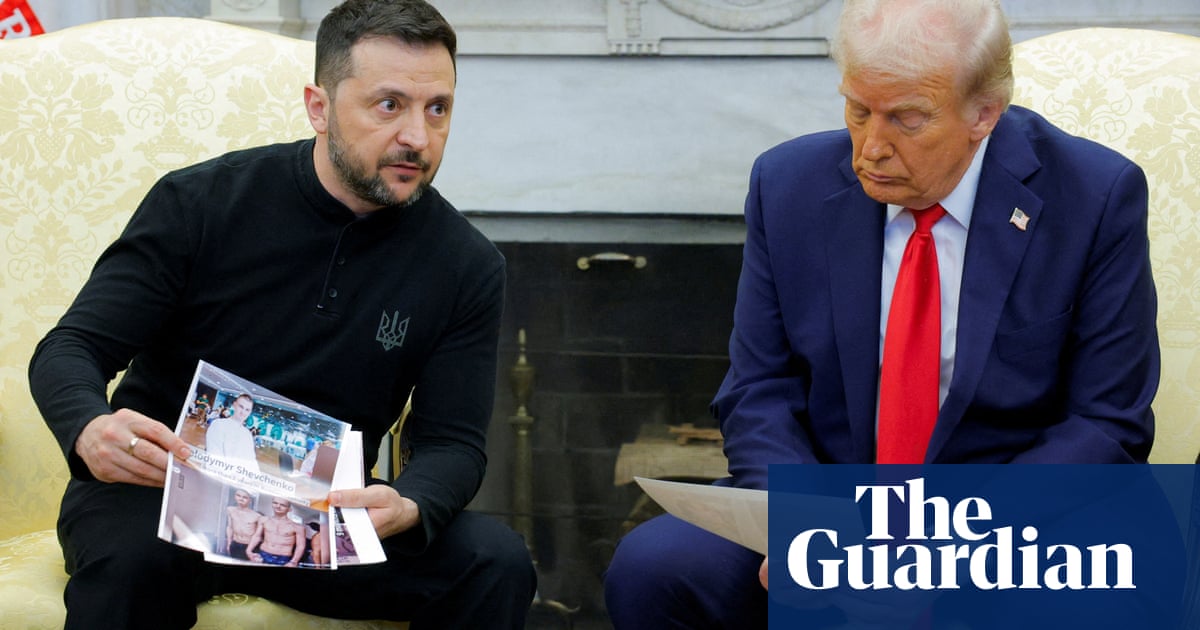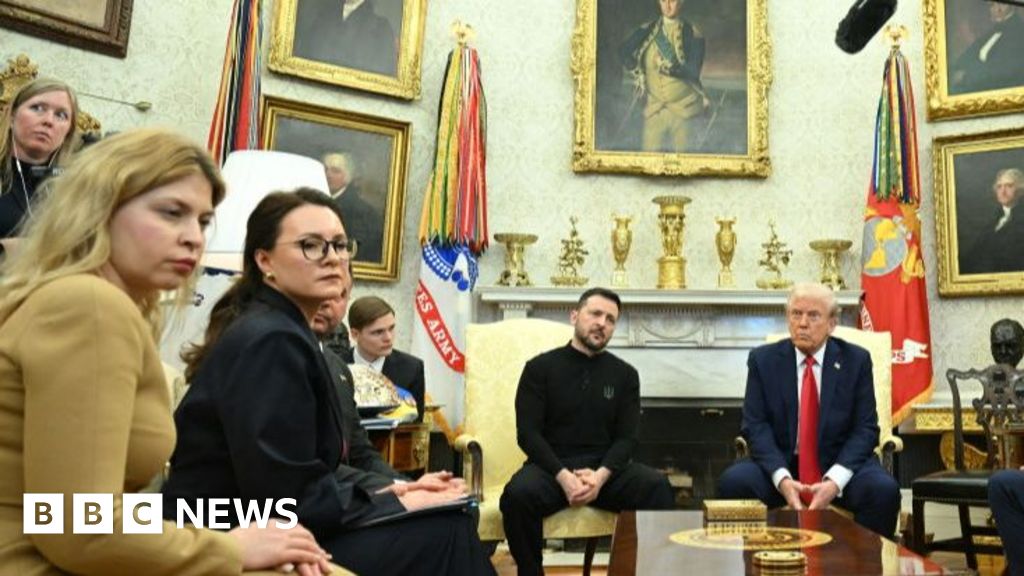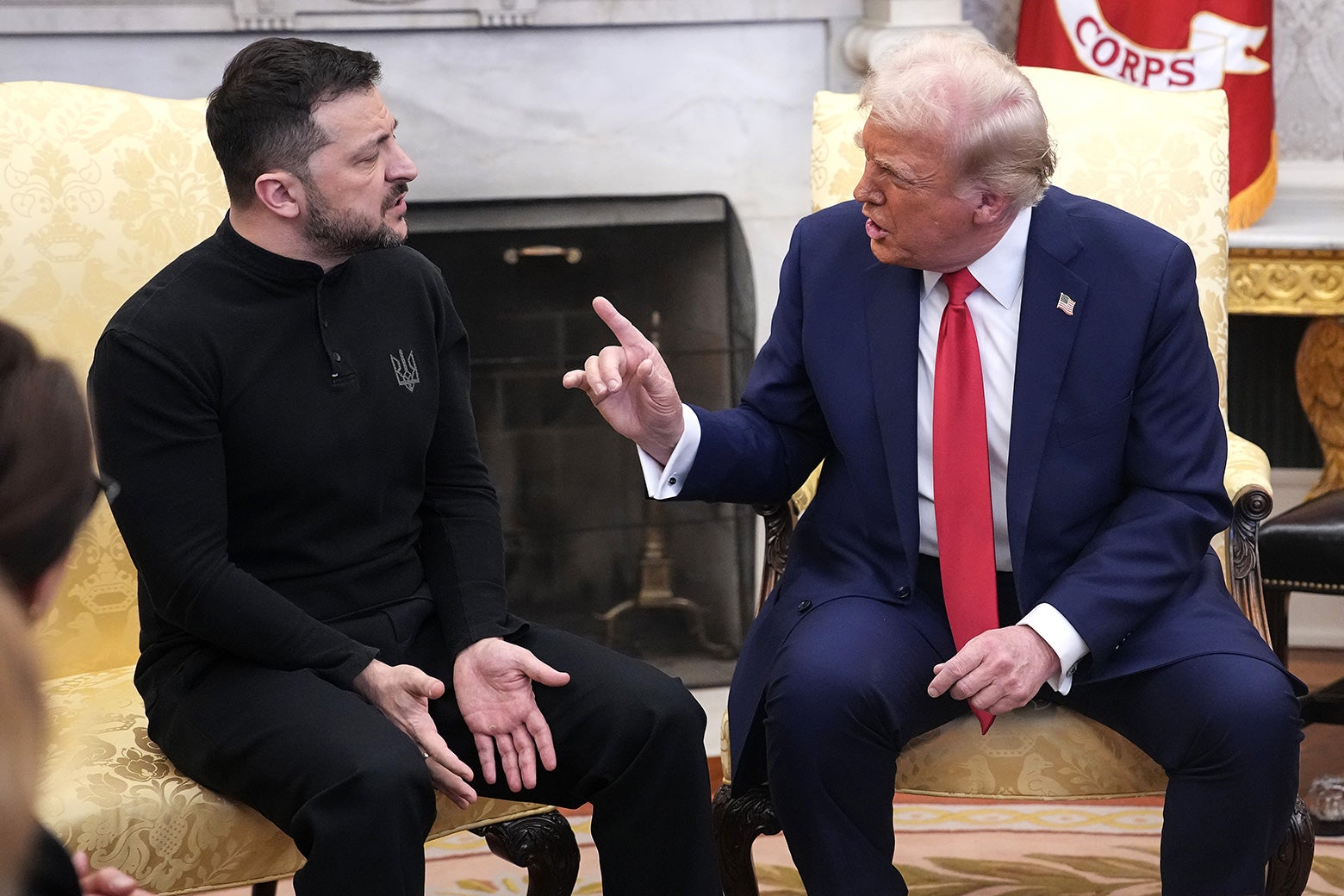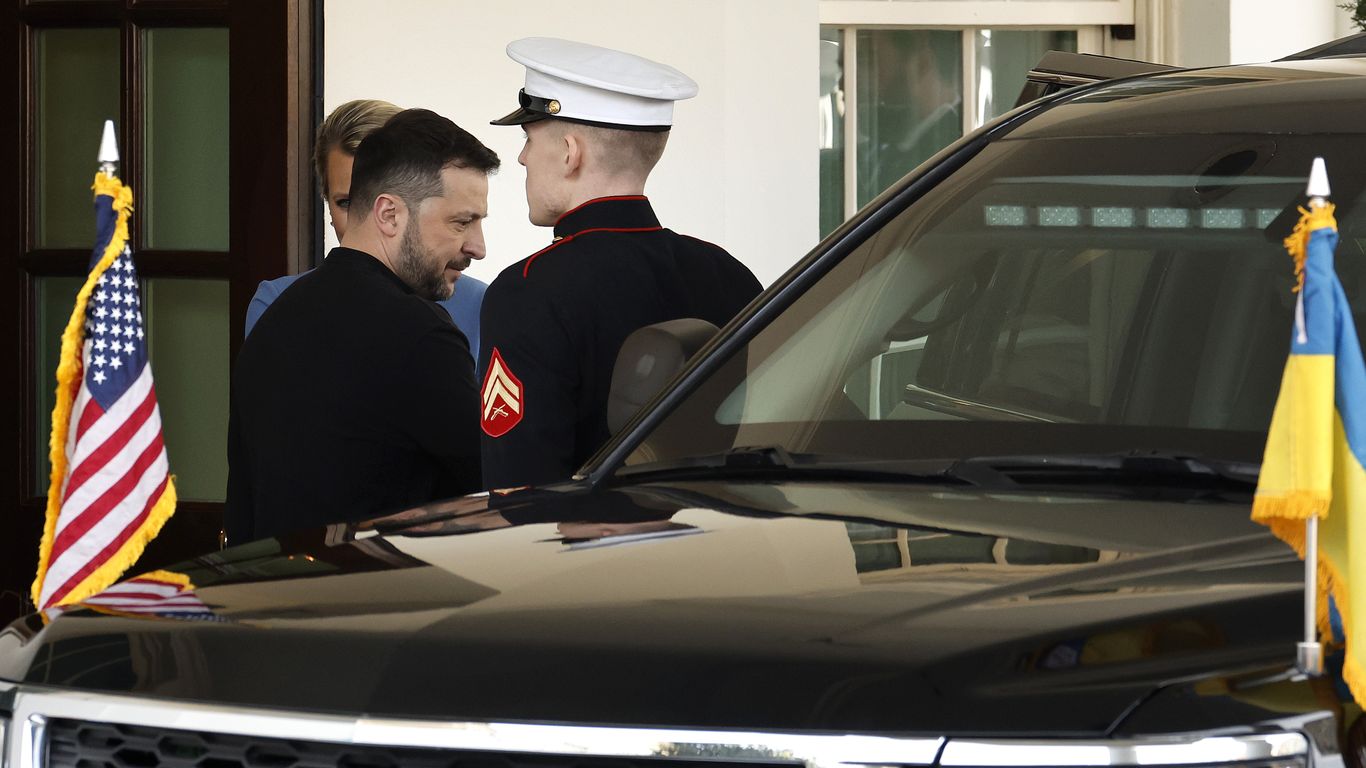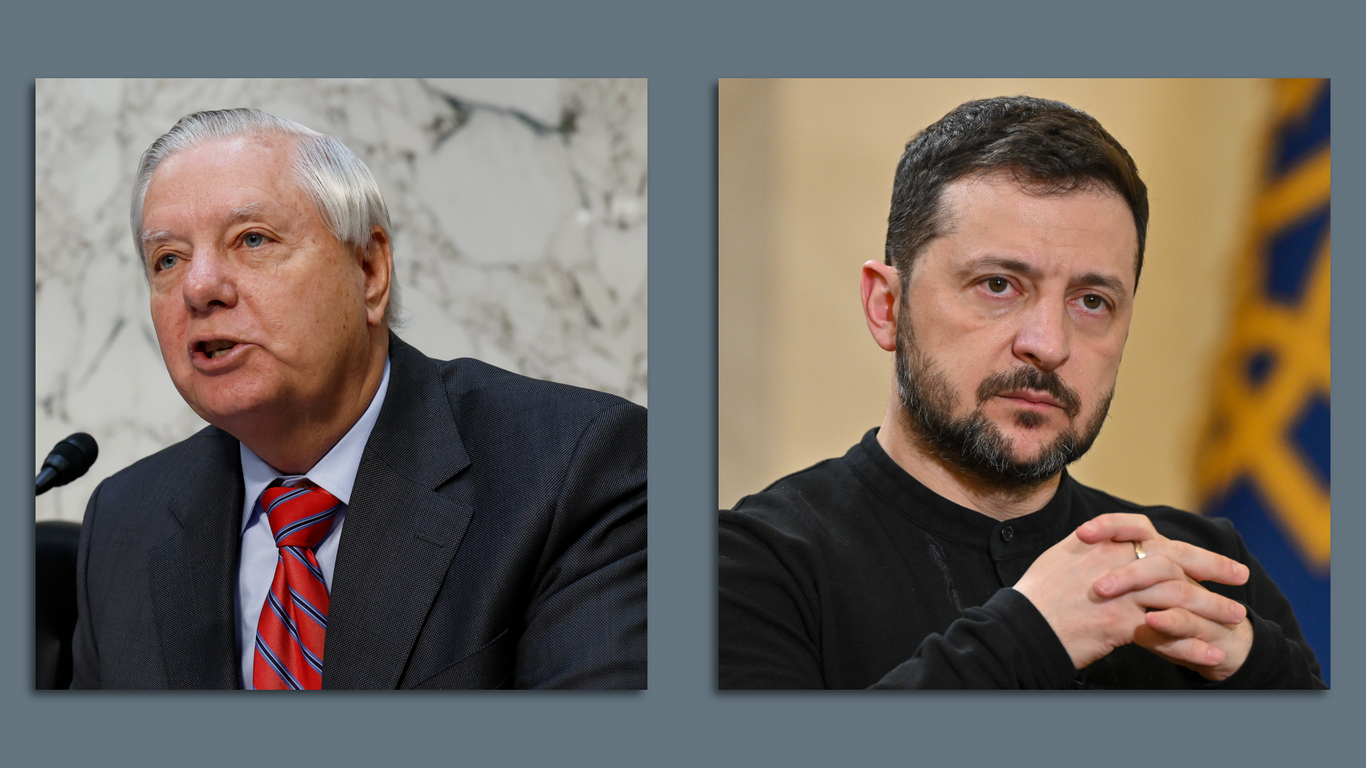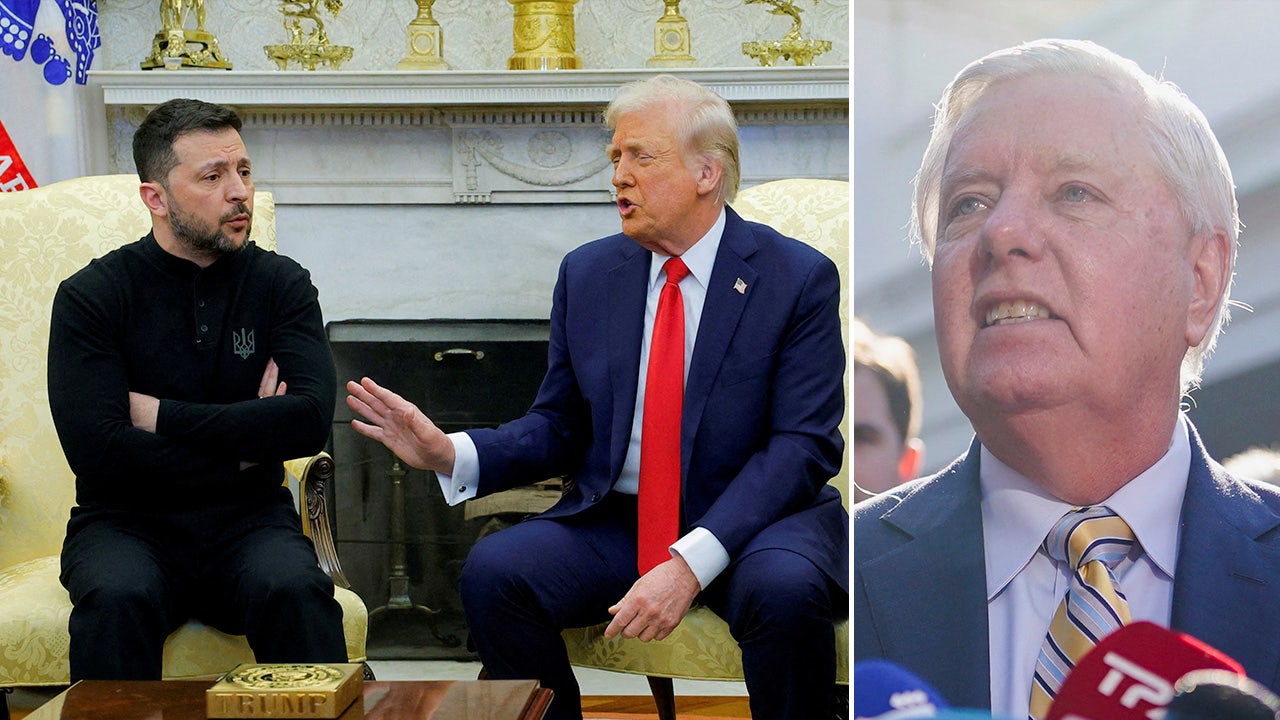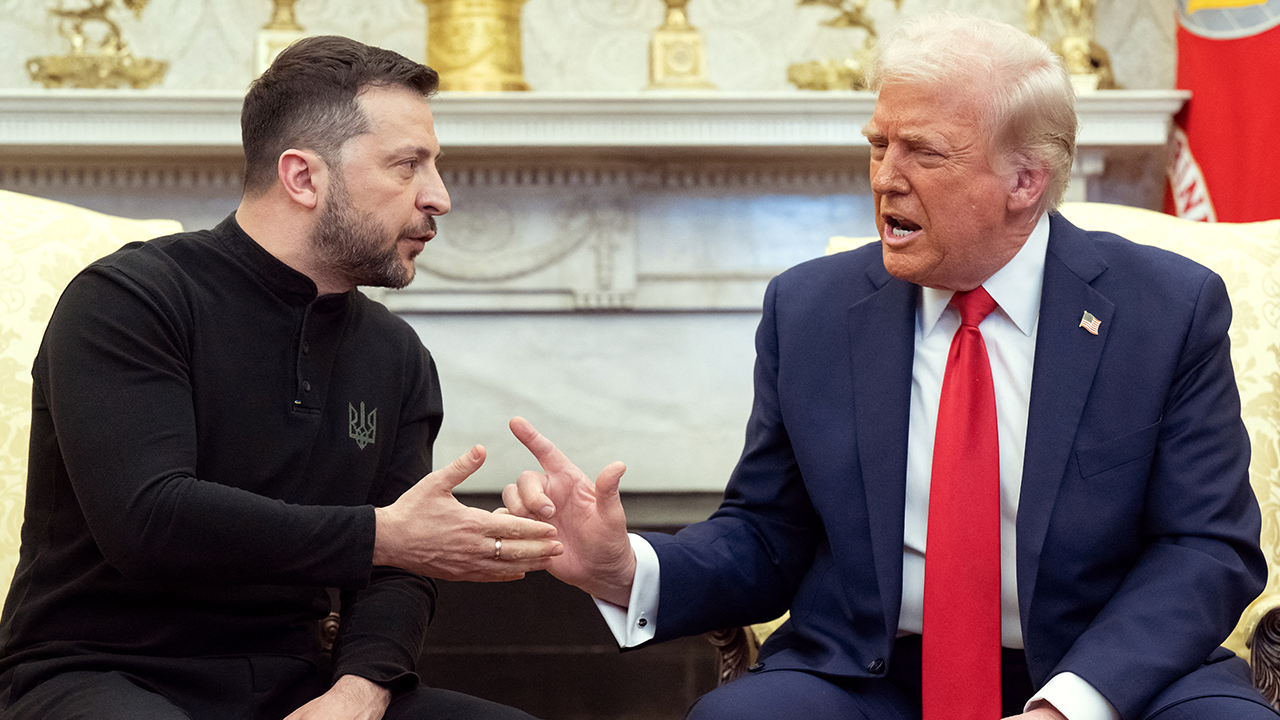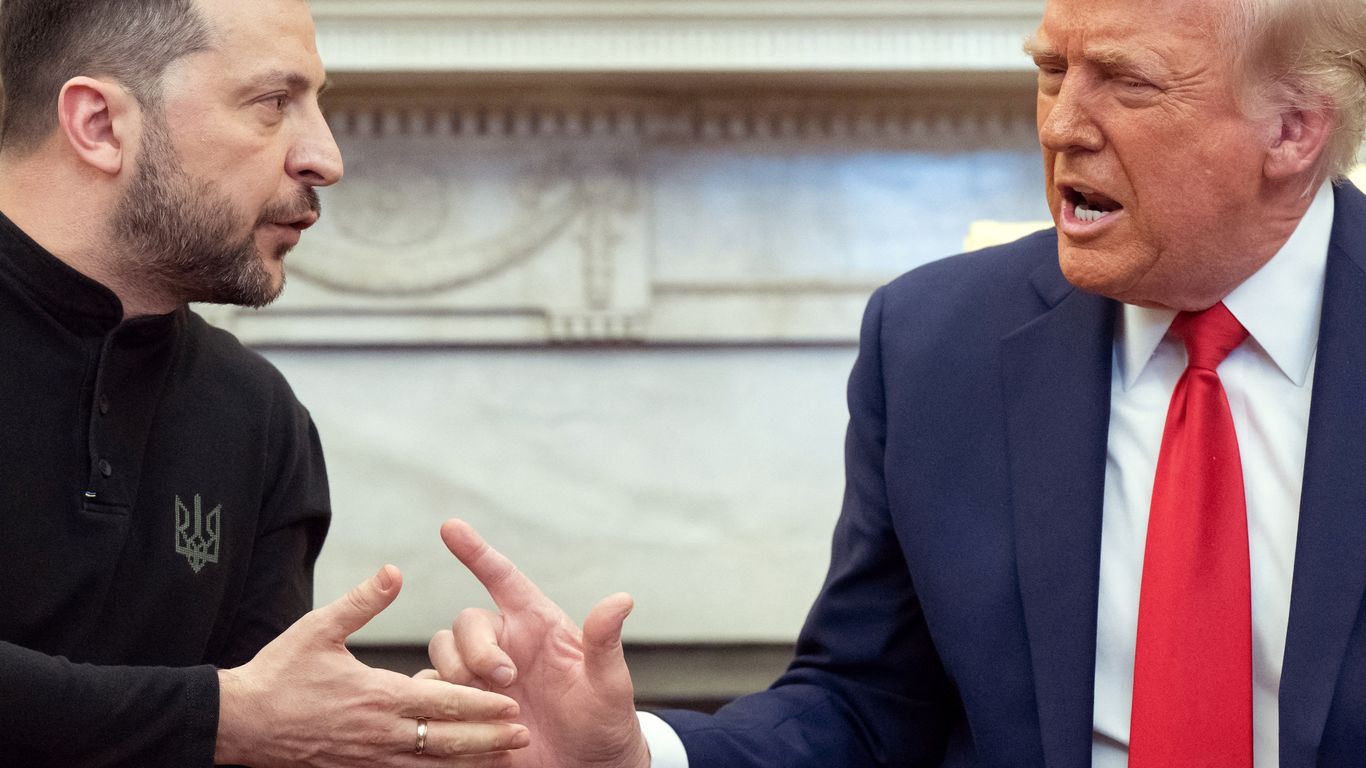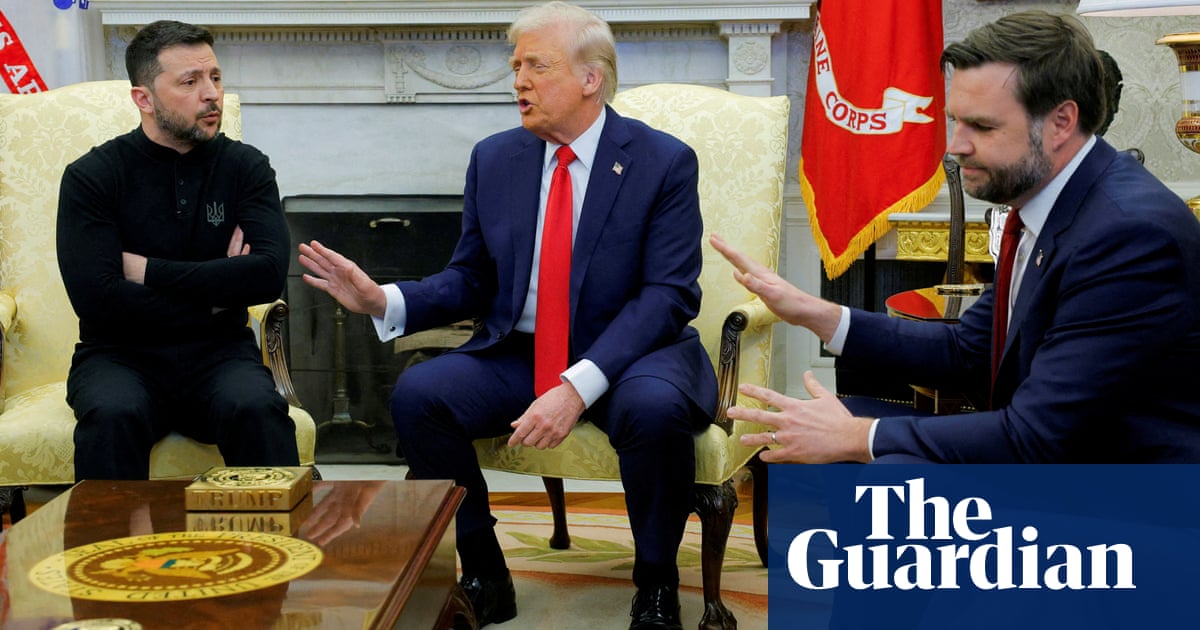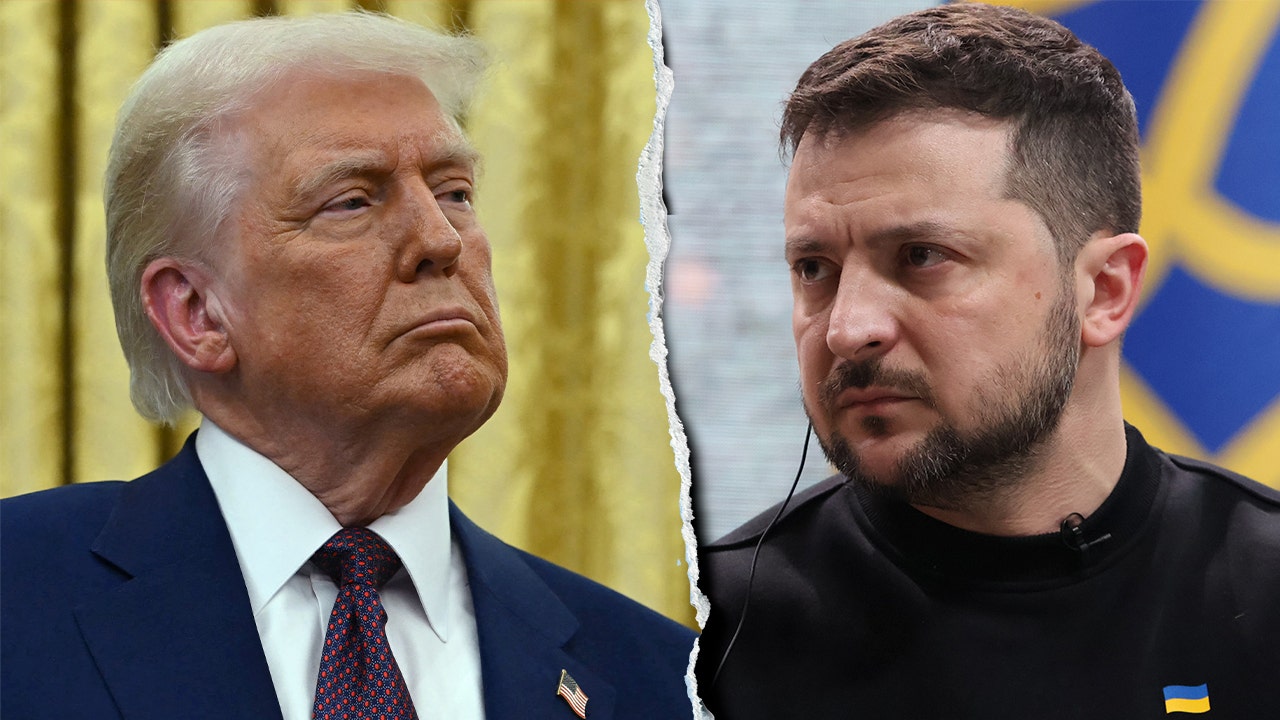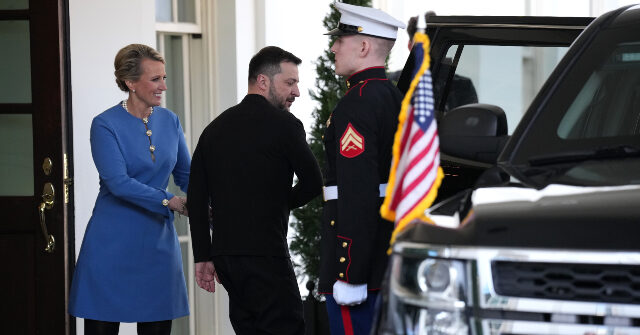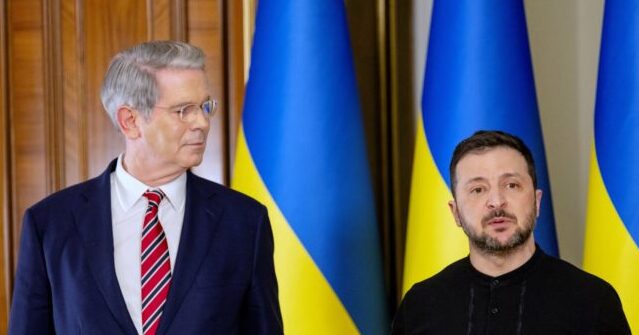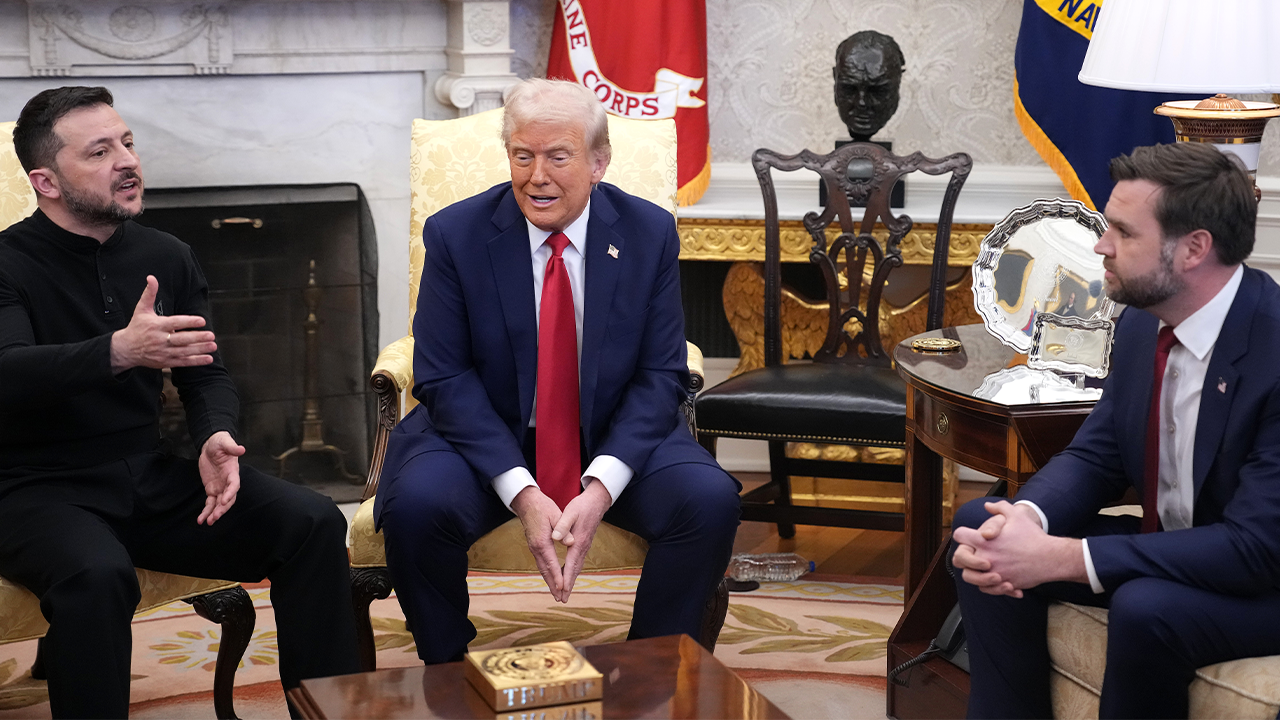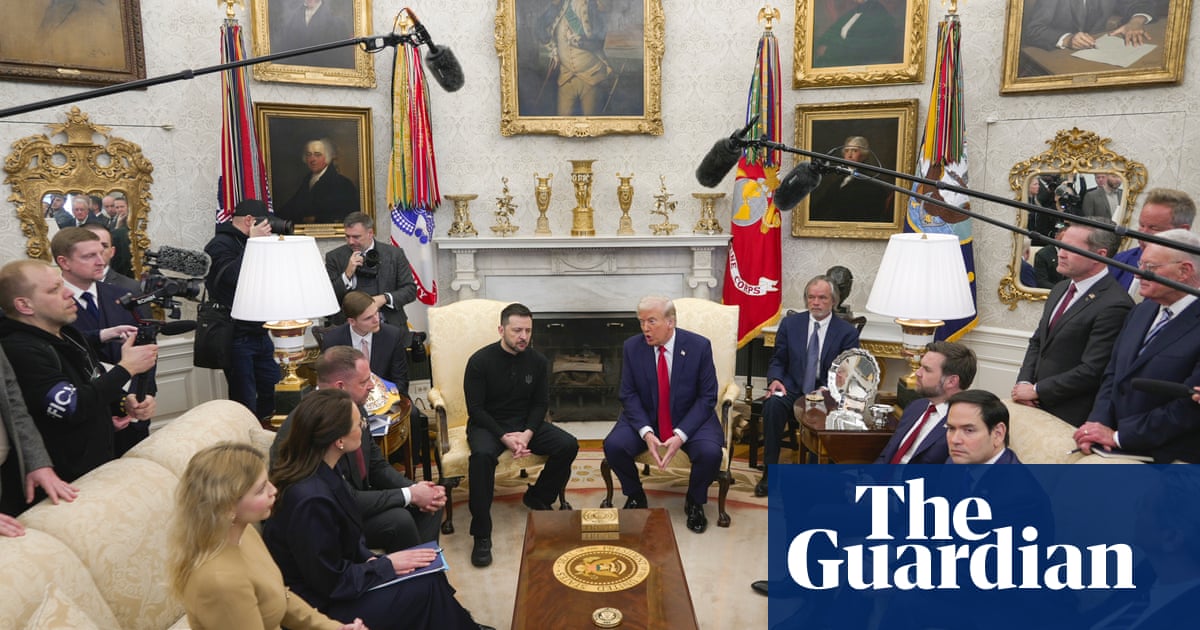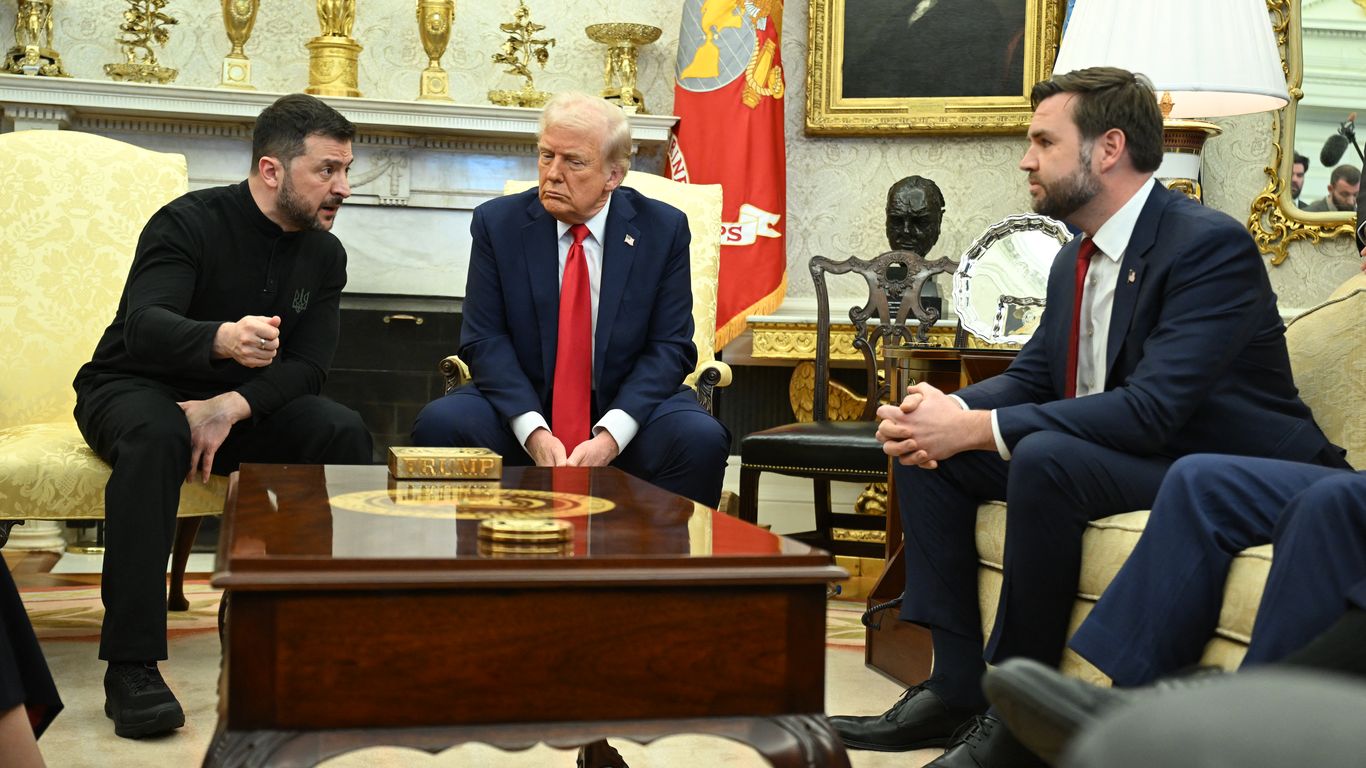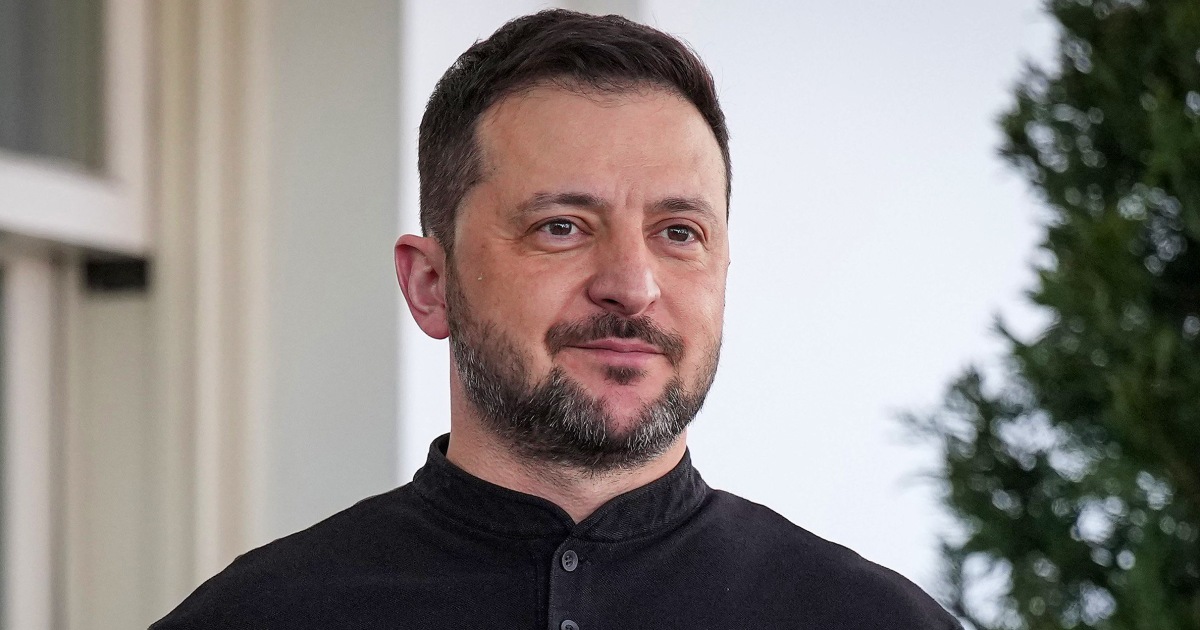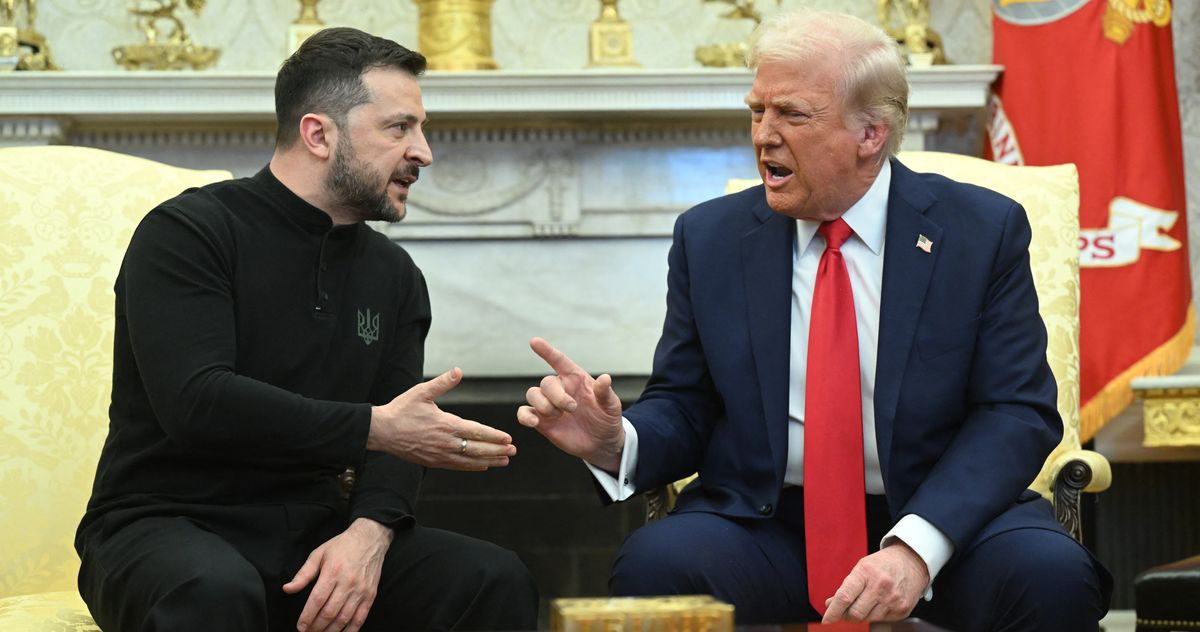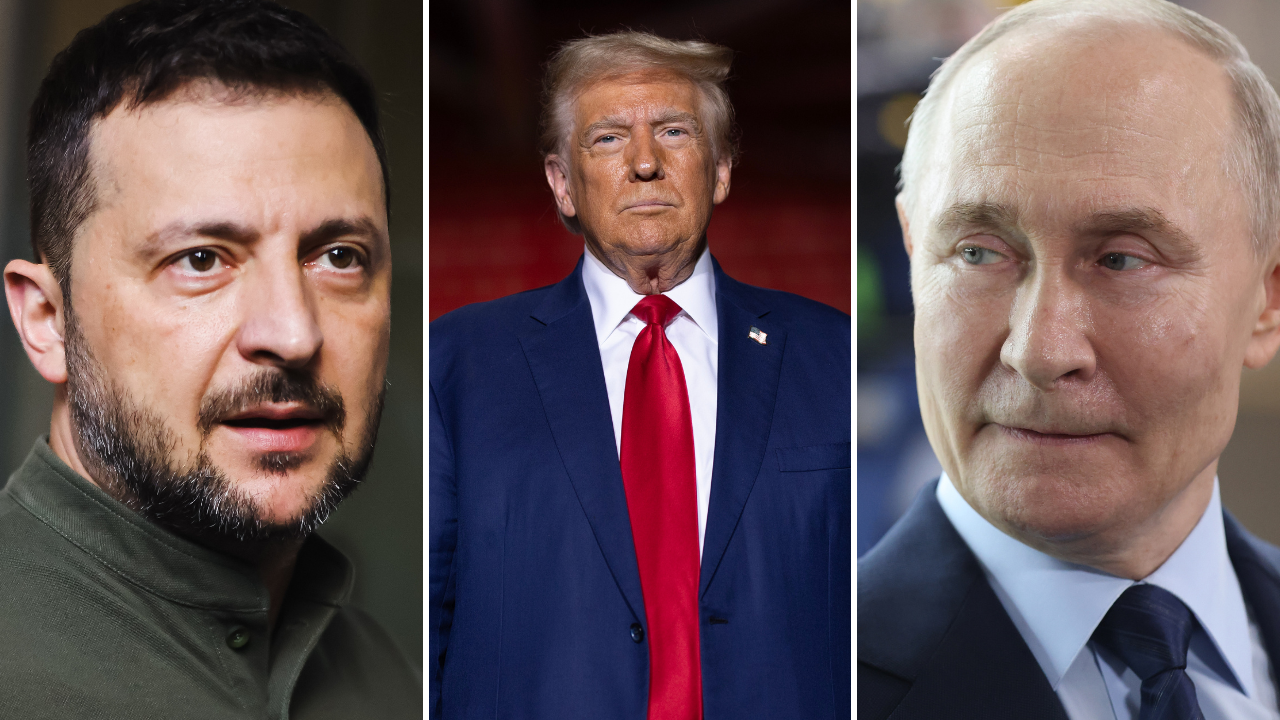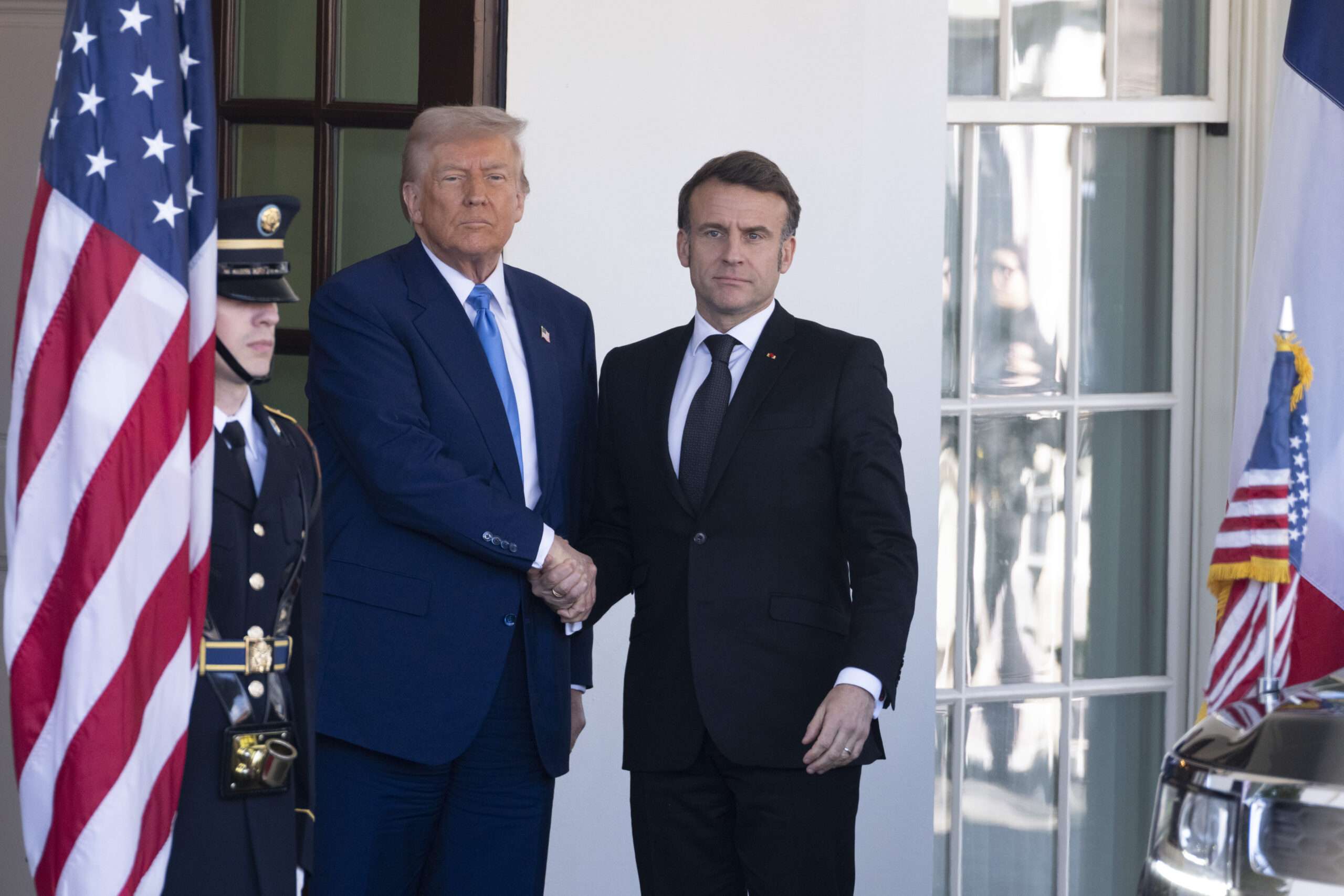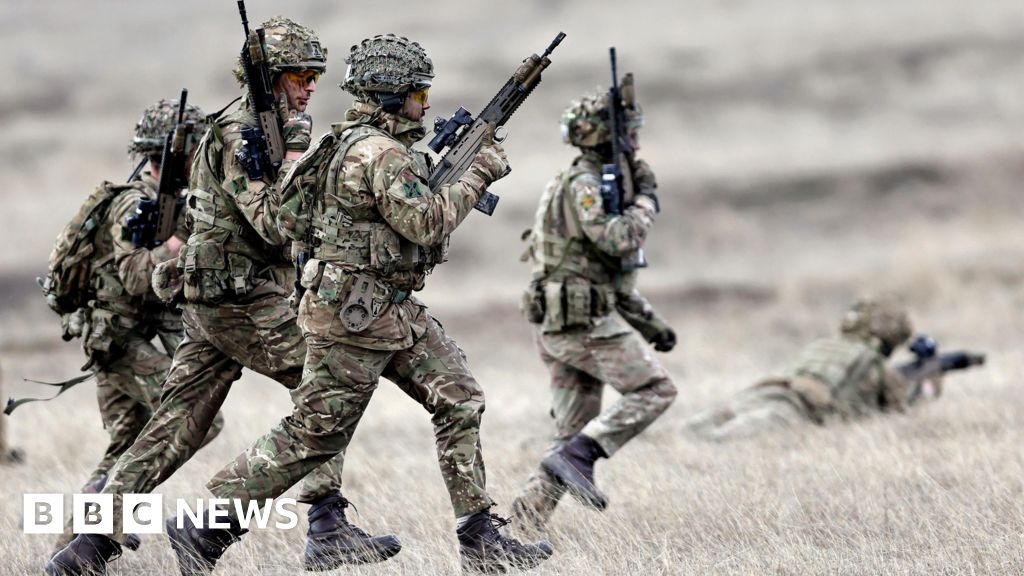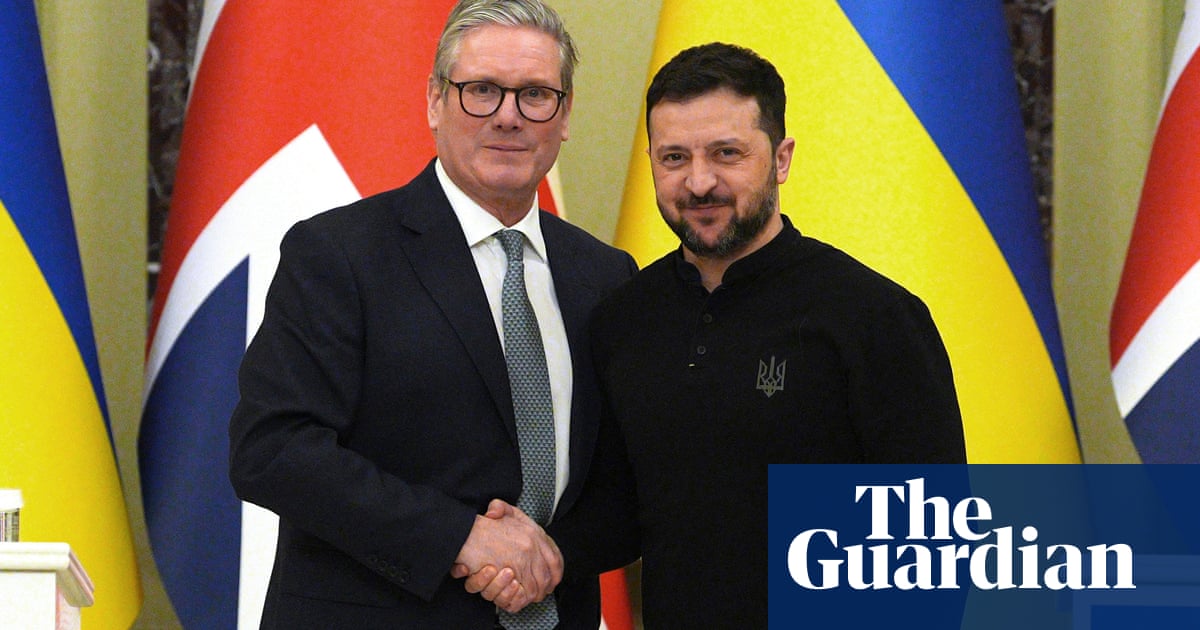Trump-Zelenskyy Meeting Erupts into Shouting Match, Canceled Press Conference Highlights Tensions
A heated meeting between Trump and Zelenskyy concluded with accusations and a canceled deal as geopolitical implications loom for Ukraine's future.
Overview
A high-stakes meeting on February 28 between President Trump and Ukrainian President Zelenskyy devolved into a shouting match, shocking observers and canceling a planned press conference. Trump and Vice President JD Vance berated Zelenskyy for perceived disrespect and inadequacy in handling the war against Russia. Tensions peaked when Trump issued an ultimatum urging Zelenskyy to negotiate peace. Despite initial plans for a minerals deal, the fallout raises concerns about U.S.-Ukraine relations and support as Congress reacts sharply to the public confrontation.
Report issue

Read both sides in 5 minutes each day
Analysis
- President Trump believes European nations, specifically the UK, can manage their security in Ukraine without US military intervention, emphasizing their capabilities while questioning their military sizes.
- Trump's meeting with Zelenskyy revealed tensions over gratitude for US support, with Trump suggesting Zelenskyy was disrespectful by not acknowledging America's contributions to Ukraine's defense.
- The ongoing debate centers around how Europe can strengthen its military capabilities to address Russian aggression independently, with many European leaders recognizing the need to invest more in defense.
Articles (74)
Center (27)
FAQ
The argument primarily centered around Trump and Vice President JD Vance's insistence that Zelenskyy should be more grateful for U.S. support and engage in diplomacy with Russia, while Zelenskyy emphasized the need for security guarantees and questioned the trustworthiness of Russian President Putin.
The planned agreement was a minerals deal that would have allowed the U.S. to receive revenues from Ukraine's rare earths and other natural resources. This deal did not include American security guarantees, which Ukraine had hoped for.
The incident could complicate U.S.-Ukraine relations, potentially reducing U.S. support for Ukraine's defense against Russia. It may also strain U.S.-European relations, as European leaders have rallied behind Ukraine following the confrontation.
Russia appeared to welcome the development, with former President Dmitry Medvedev expressing approval. In contrast, European leaders reiterated their support for Ukraine, emphasizing that Russia is the aggressor in the conflict.
History
- 8M

 6 articles
6 articles


